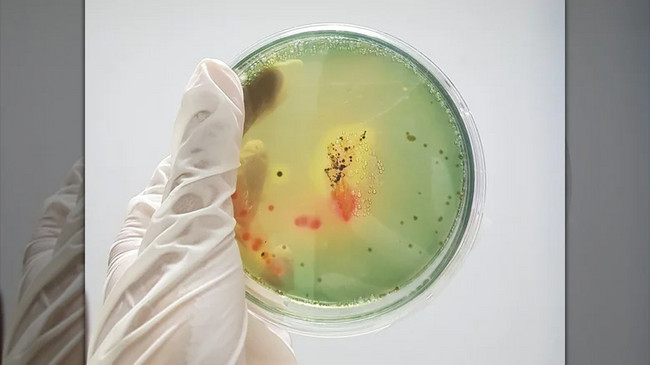✕

Column: industry Tag: Salmonella,Egg Recall,Food Safety,Infection Symptoms Published: 2024-09-13 17:11 Source: www.mashed.com Author: STACIE ADAMS

Concerns about salmonella infection are at the center of an egg recall announced in early September (check out our report on this egg recall, which has affected nine states). Salmonella is a bacteria capable of causing health issues like fever and diarrhea when ingested, with some individuals experiencing more serious symptoms. Egg recalls can be extremely worrisome to consumers, who may wonder just how to proceed. Fortunately, the CDC offers some guidance on what you can do if you have recalled eggs in your home.
The first step is to discard the eggs immediately without eating them. While not everyone experiences severe salmonella symptoms after eating contaminated food, even mild infections are extremely unpleasant. You can also seek out a refund by returning the recalled eggs to the place of purchase, but be sure to handle them carefully, as salmonella can also be present on eggshells. The next step is to thoroughly clean any areas and objects that came into contact with the eggs. First, clean areas with warm water and soap, then sanitize these areas using products capable of eliminating bacteria. After cleaning, be sure to wash your hands to avoid transferring germs to others.
What to know about salmonella symptoms

Most people experience symptoms of salmonella poisoning within six hours to six days of bacterial exposure. Generally, symptoms can last up to a week but may resolve within a few days, and they don't often require medical attention. However, the CDC encourages people involved in egg-related salmonella outbreaks to watch for more serious symptoms, which require timely evaluation by a medical practitioner.
Severe symptoms of salmonella can include diarrhea that doesn't improve within three days, as well as bloody diarrhea. Gastrointestinal symptoms can also be accompanied by a fever that exceeds 102 degrees Fahrenheit and an inability to retain fluids due to repeated bouts of vomiting, which can quickly lead to dehydration. While water-rich foods can improve minor instances of dehydration, it's best to seek out medical assistance if you suspect salmonella poisoning. Egg recalls may not be exceedingly common, but they can have a significant impact on consumer health when they do occur. In addition to taking the proper steps in the event of a recall, you should also know the common signs that indicate eggs are not safe to eat.
Previous:The Burger Restaurant Chain That Just Filed For Bankruptcy
Next:How Walmart Is Tricking You Out Of 8 Cents For Maruchan Ramen
Hot key words
Hot Products
Popular Vendors